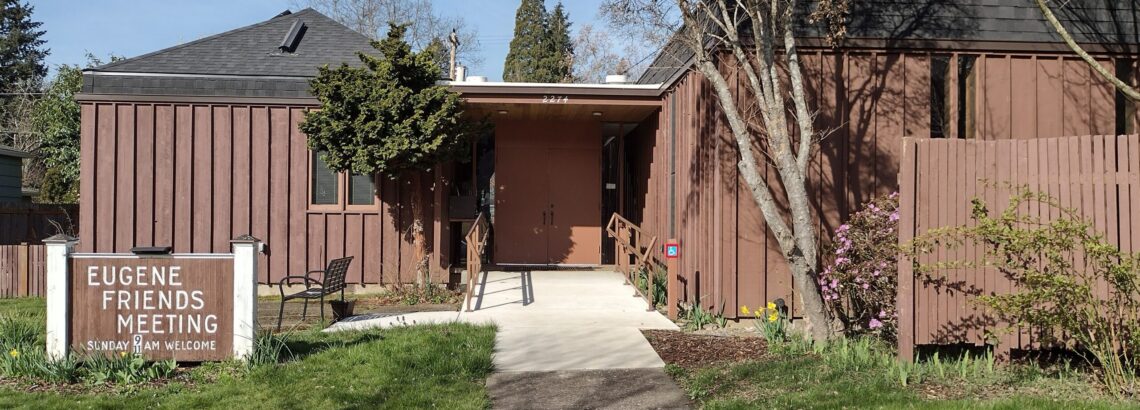A land acknowledgement is a statement, often at the start of a meeting or other gathering, that recognizes the Indigenous people who are the original caretakers and inhabitants of the land upon which the event is taking place. Acknowledgement means to accept and admit the truth of something, in this case, the complicated and fraught history of people taking land from other people, and also the ongoing suffering our past and present actions create.
“It is important to understand the longstanding history that has brought you to reside on the land, and to seek to understand your place within that history. Land acknowledgements do not exist in a past tense, or historical context: colonialism is a current ongoing process, and we need to build our mindfulness of our present participation.”
– Northwestern University
Of course, reading a land acknowledgment doesn’t fix the systemic issues that are holding back Indigenous people; a land acknowledgement is easy, inexpensive, and signals virtue, but is only useful if it is supported by new kinds of actions.
The individual who took the symbolic action may feel that they have done their part and are “off the hook” for committing to more difficult and time-consuming work that actually contributes to progress. An additional risk associated with land acknowledgements is furthering the legacy of erasure by relegating Indigenous people to the past or caricaturing us uniquely as environmentalists. It’s true that land stewardship and a connection to the ecosystems in which we live is important to many Native cultures, but we are also doctors, lawyers, farmers, teachers, and storytellers.
Wizipan Little Elk
As Quakers, we must face our history with integrity: Quakers were complicit in the forced assimilation policies of boarding schools. Many of us have ancestors who benefited from the Homestead Act in which the U.S. government transferred to white citizens land stolen from Indigenous people, and who participated in what is known as “settler colonialism,” deliberately replacing native people with new settlers.
As we work to care for the earth, it’s important to acknowledge those who lived on the land before us, and cared for the land, and equally important to develop relationships, and learn how to be authentic, principled allies to Indigenous people in the struggle for climate and environmental justice.
A good land acknowledgement’s importance lies in educating and activating us. When done right, this statement highlights the fact that Native people are still here, still have a claim to the land we use today, and it is coupled with a call to action.
Queries:
- How do we work for equality for Indigenous people, and how does a land acknowledgement fit into this work?
- Are we educating ourselves on the history of boarding schools and other atrocities that Quakers had a part in?
- What work have we done to build relationships with and serve the interest of the local Indigenous community?
Resources:
The Native Governance Center has a guide for how to conduct land acknowledgements.
The Native Governance Center also has an article series focused on strategies for moving beyond land acknowledgment.
Eugene Friends Meeting Reparations to North American Indigenous Peoples Giving Gateway


